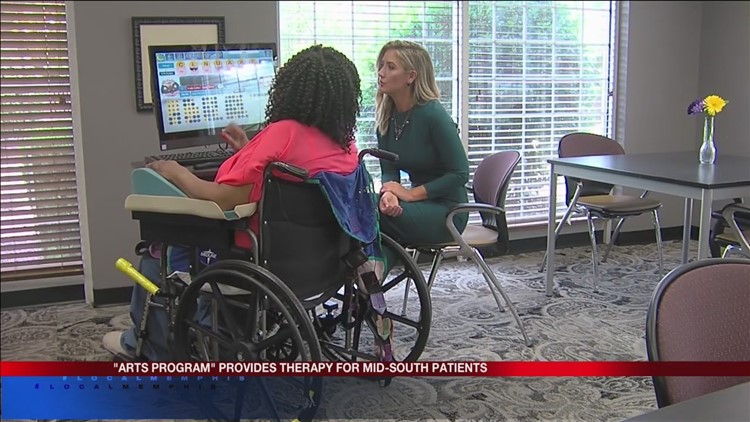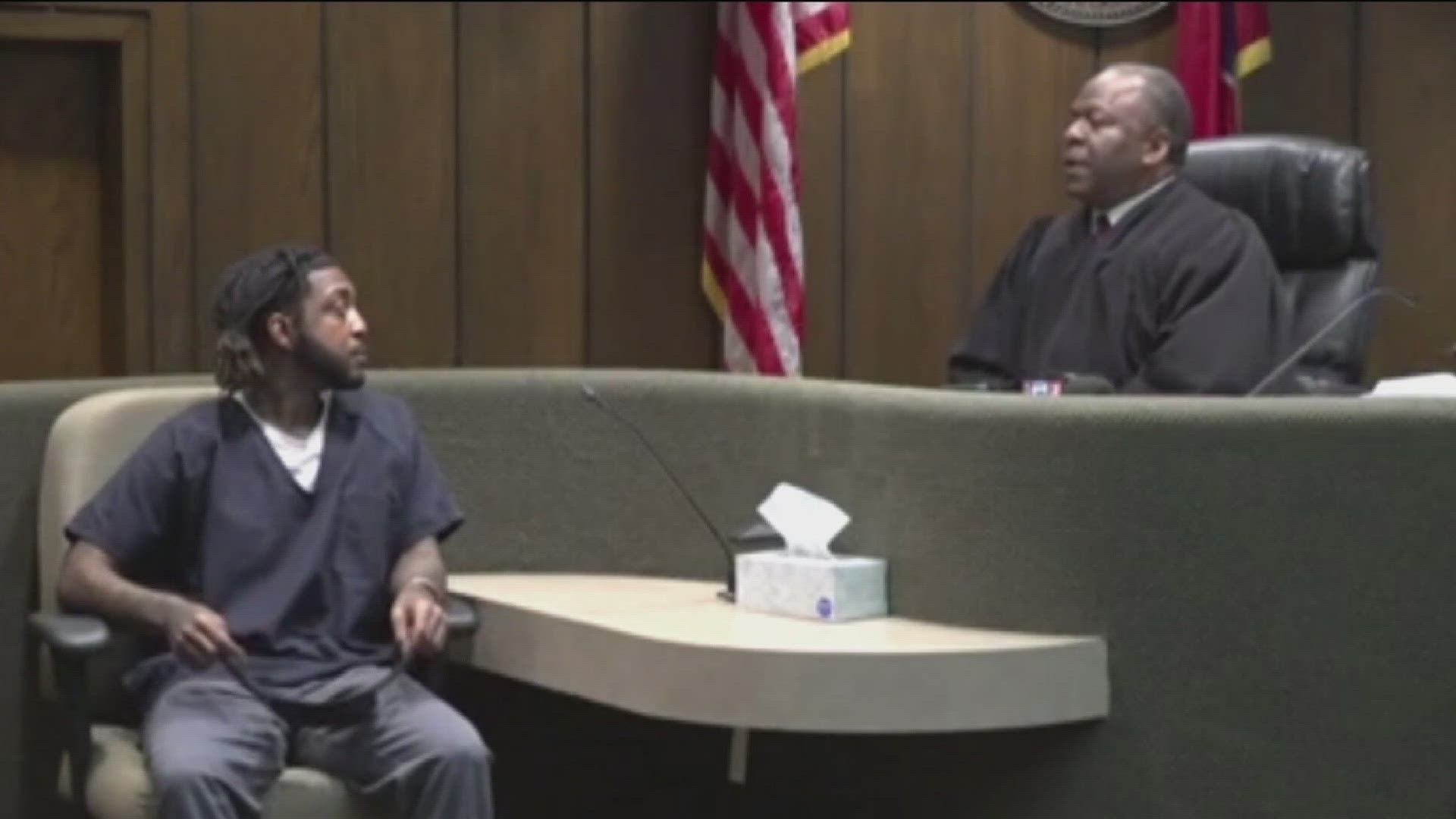Nursing communities in West Tennessee are using a technology grant to transform the way their patients use and think about therapy treatments.
Tennessee Health Management operates 29 skilled nursing communities, that have recently launched the ARTS program, which stands for Activities, Restorative and Therapy in Sync.
The interactive program for patients and residents combines online games and activities with restorative therapies. “It allows us to bring technology to the patients, who for the most part, have never used technology,” explains Stacey Wallace, the administrator of Applingwood Healthcare Center.
Patient and resident of Applingwood Healthcare Center in Cordova, Judith Brown, says after a stroke she suffered mobility loss in her left side and memory troubles. She says, at first, she was hesitant to use the program, “I was afraid that I was too old and you’re never too old to learn something new.” Her realization falls in line with its intent.
The ARTS program uses the It’s Never Too Late (iN2L) computer-based system to engage residents in fun activities. Brown says “you can play solitaire, you can play word games, you have puzzles that you fill in by writing.”
Residents can personalize a folder with their favorite activities and family members can send photos of memories that they can interact with, or Skype from afar.
One of Brown’s favorite activities in a word scramble. “You may have been sitting there 10, 15 min but that 10, 15 minutes is good for you!” She says she’s spent hours playing with the program. “Even words I thought I forgot how to spell, it makes me sit there and watch it, and study it. Next thing you know, your brain will say, ‘I know that word!'”
Wallace says it’s changing the way patients interact, “they’re not thinking it’s therapy.” For patients like Brown, she says it’s imperative that they strengthen and work on recall following a stroke. “If you don’t catch it early on, they lose it.”
The nursing communities will be recording their patients progress over the coming months.
The ARTS program is funded using a $493,550 grant from the Tennessee Department of Health.



